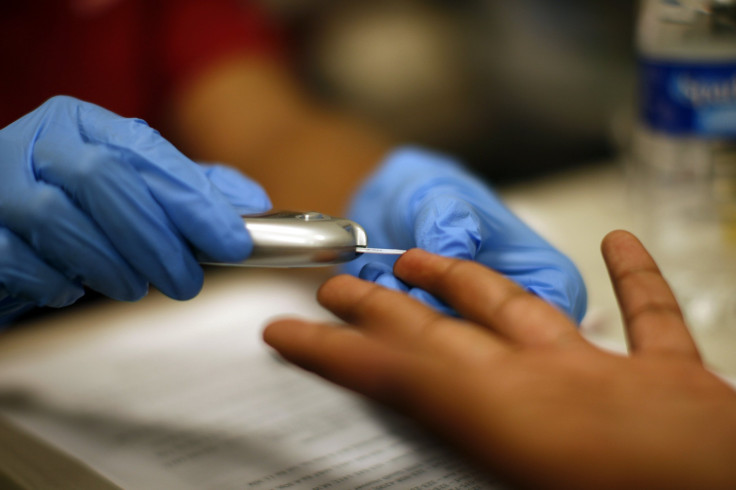Bacterial Meningitis Symptoms, Treatment: Duke University Student Tests Positive For Disease

North Carolina’s Duke University announced Monday that an undergraduate student was hospitalized with bacterial meningitis. The university officials were working to contact people who may have been in close contact with the infected student.
Duke Student Health was working with Durham County Health Department to understand the situation. The health authorities defined “close contact” as direct exposure to the student’s saliva through “kissing, sharing a drink or prolonged exposure to coughing.” The infection cannot be transmitted through casual contact, the announcement said.
Students who may have been in direct contact with the sick student were updated about the situation by a message sent by the university doctors Dr. John Vaughn and Dr. Cameron Wolfe, advising them that taking an antibiotic would be helpful “as a preventive measure to lower the risk even further.”
The doctors also encouraged the students who may have been exposed to contact Duke's student health center at (919) 681-9355 while the non-students were asked to contact the Durham County Health Department at (919) 560-7600.
Bacterial meningitis can be life threatening and also cause permanent disabilities such as brain damage, hearing loss, and learning disabilities. While the primary symptoms of the infection include sudden onset of fever, headache or stiff neck, it can also cause the tissues around the brain to swell, that in turn interferes in the blood flow causing paralysis or even stroke.
Secondary symptoms include nausea, vomiting, sensitivity to light and confusion.
Though children between the ages of 1 month and 2 years have increased risk of getting the disease, adults with chronic ear and nose infection are also at risk. Apart from that, adults who were prone to overconsumption of alcohol, sustained head injury or had pneumococcal pneumonia were also more susceptible to bacterial meningitis.
Cleveland Clinic reported people with weakened immune system, people who have had their spleen (abdominal organ) removed, or people on corticosteroids due kidney failure were also at higher risk.
The bacteria most often responsible for the infection were found in the environment; however, some can also be found in a person’s nose and respiratory system. While sometimes the infection occurred for unknown reasons, other times it happened after a head injury, infection and weakened immune system.
The Centers for Disease Control and Prevention reported it was important to begin treatment at the earliest and it usually includes a number of antibiotics.
In order to protect oneself from getting the infection, one must avoid smoking, stay away from people who are infected and get a lot of rest.
According to Medical News Daily, more than 4,000 cases of bacterial meningitis were reported in the United Stated between 2003 and 2007 of which 500 were fatal.
© Copyright IBTimes 2025. All rights reserved.





















